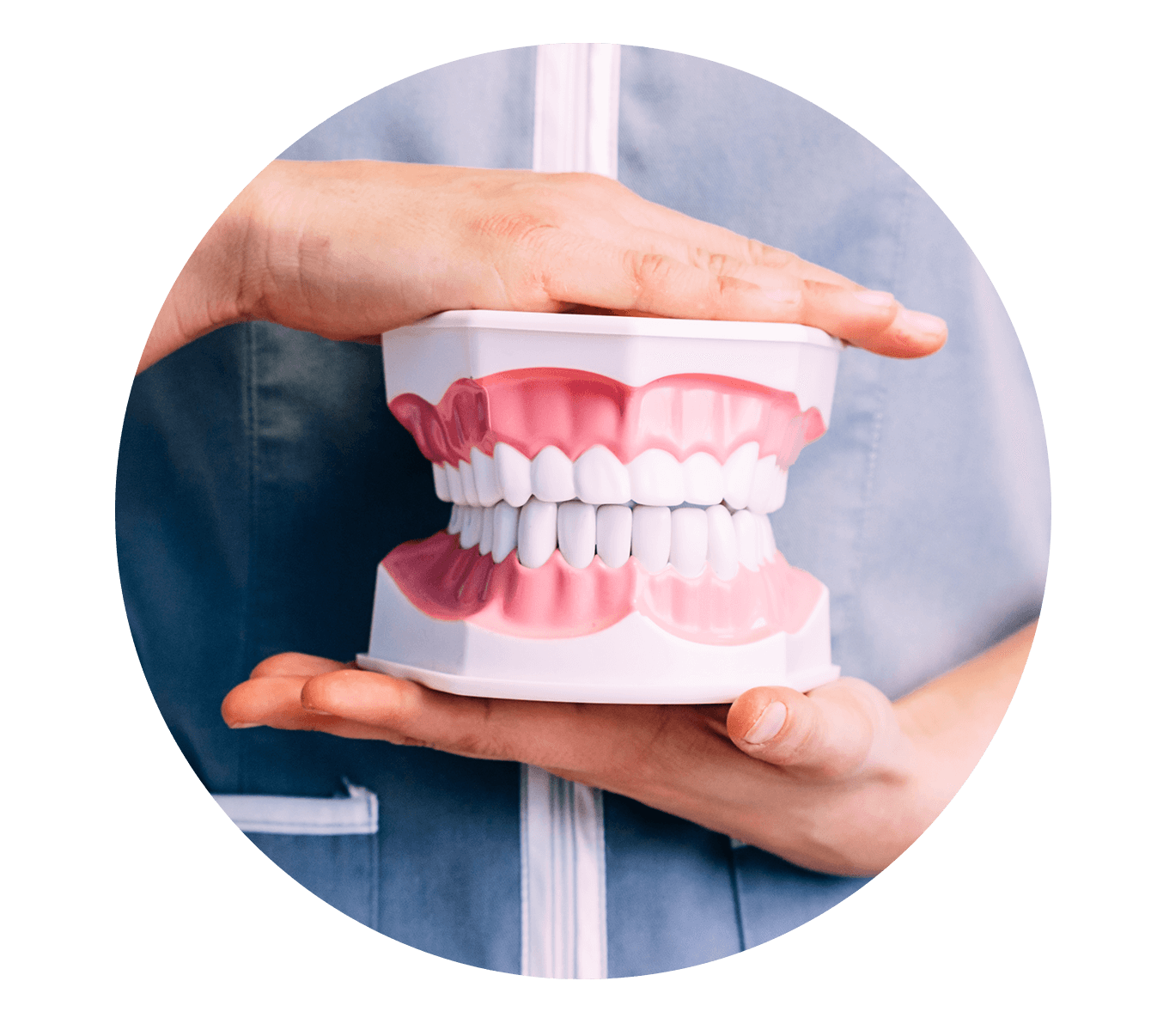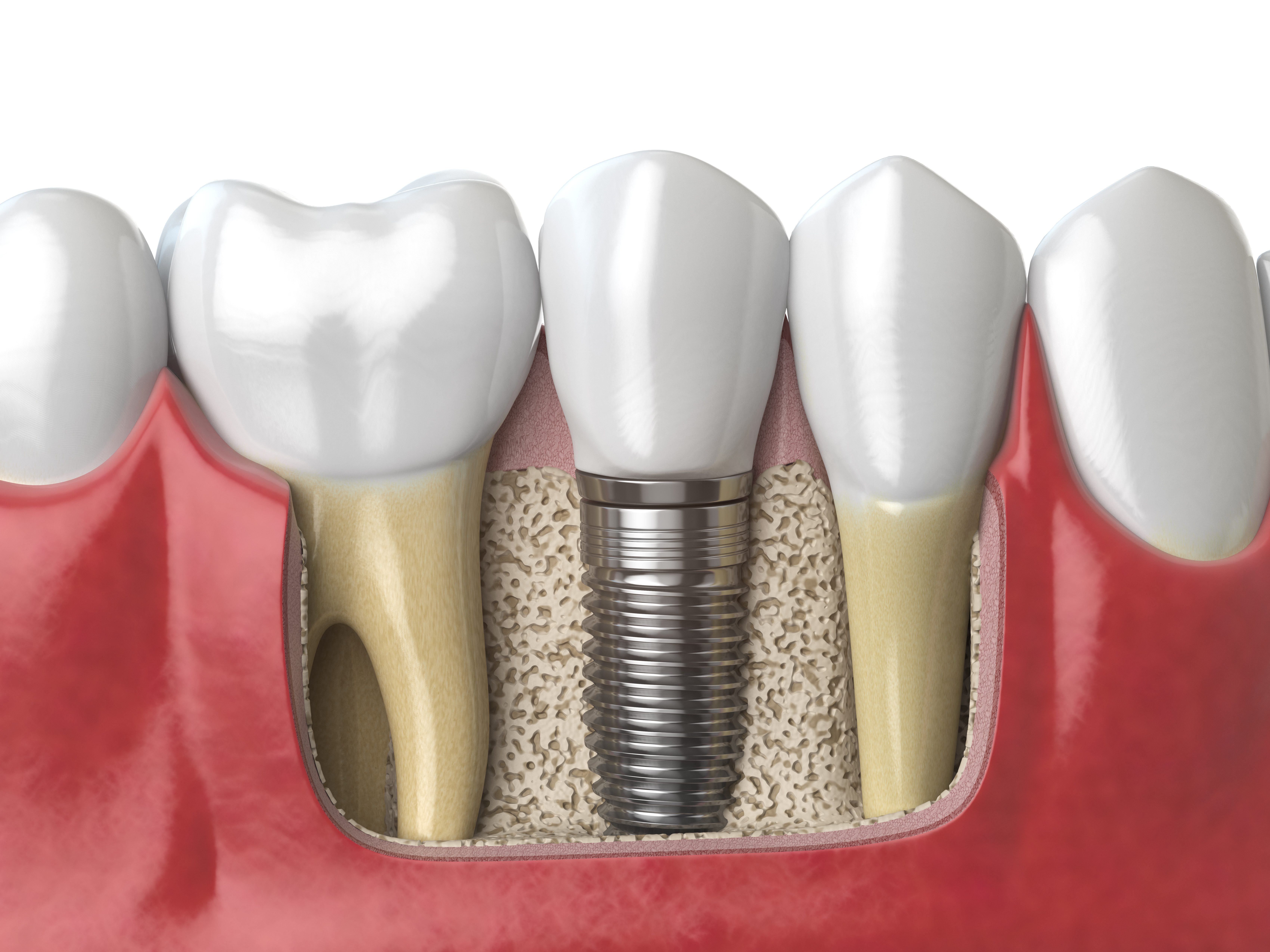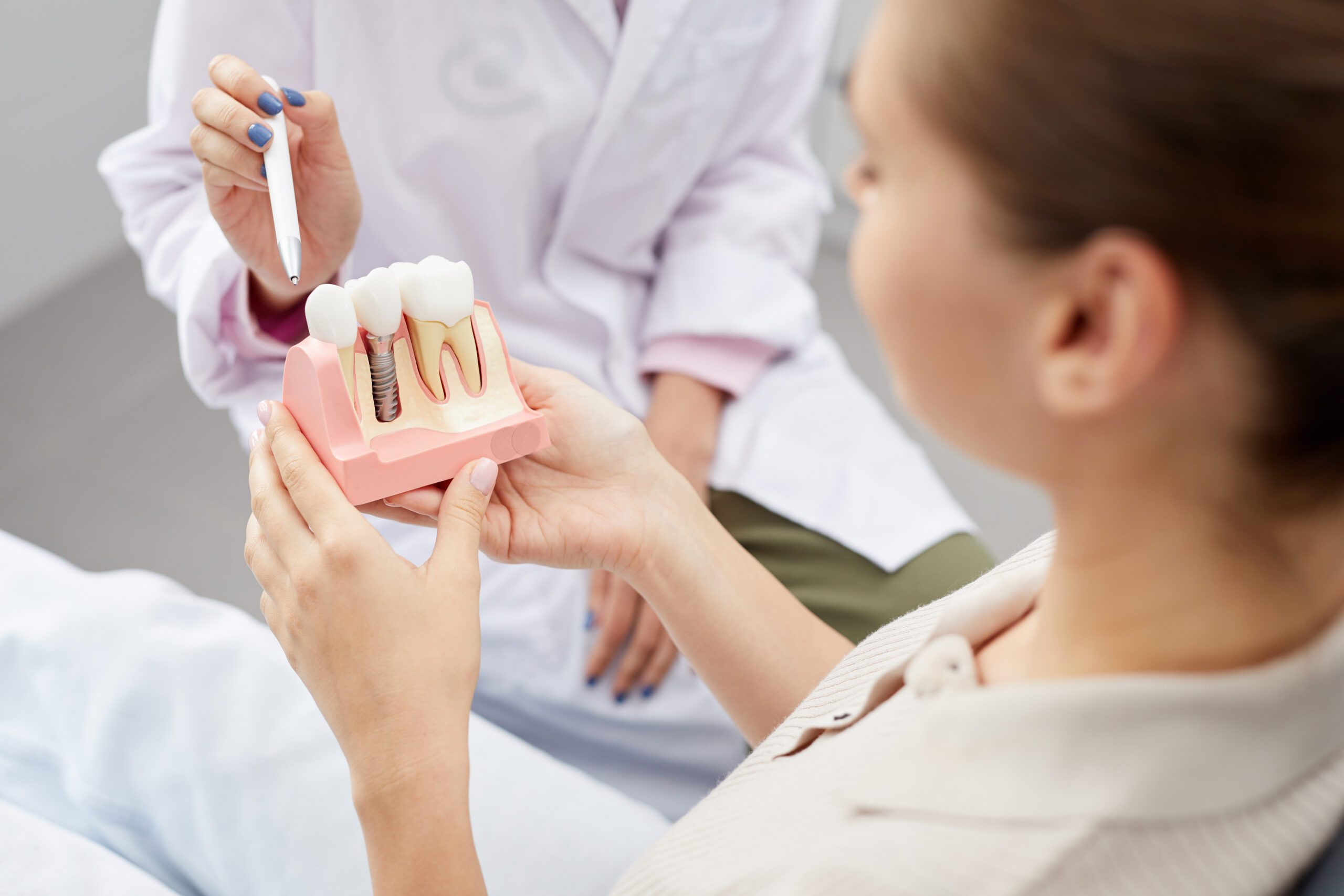Though not common, failed dental implants do happen despite the procedure usually being successful for many people. Circumstances behind failed implants can be preventable, but they can also happen suddenly no matter who the patient is or their health history. If this does occur for you, the first step you need to take before anything else is to not panic because there are treatment options available that will get your teeth back on track immediately.
Signs of Implant Failure
Ultimately, successful implants revolve around osseointegration, which is a biological process that allows the body to produce healthy bone cells that will allow the implant to bond with the jaw and become part of the mouth permanently. If the bonding is successful, the bone continues to grow for years around the implant as the body knows the object won’t harm it. Implant failure happens when osseointegration isn’t successful and results in signs that could be noticed by you not long after the initial procedure happens. Below are some of the major signs of failure which should be cared for immediately by your dental expert.
- Wobbly implants should never happen in successful cases. New implants should feel as secure and natural as your real teeth. If you can move them around, there could be a major issue happening such as a weak jaw bone or the development of osteoporosis. We can easily detect any micro-movements through x-rays so if you think you feel anything, come to us as soon as possible.
- Pain after an implant procedure is normal and having swelling during the healing process is nothing to worry about. However, both are expected to disappear after a few days. If you notice the pain increasing and inflammation happening, then it’s time to be concerned as there could be an infection due to implant failure. This is something you shouldn’t let go for too long as the infection can spread, and eventually travel to your blood.
- Having severe trouble chewing is a sign that your mouth isn’t responding well to the implant. Your new implant is supposed to be just like your natural teeth, and the comfortability should immediately happen when eating, drinking, and speaking. If you feel pain or any other discomfort while eating – just like with a cavity – this indicates that the implant isn’t bonding well with the surrounding jaw-bone area.
How Implant Failure can be Treated
Even though dental implants are meant to last for years, they also can be easily taken out if we see that they have failed just with local anesthesia, so you’ll be safe from any pain. The replacement process is also simple as the only thing that really needs to be done is to gently clean the area surrounding the implant before seeing what we need to do next.
If we can see that the bone around the area of the removed implant is still intact, no bone graft will be necessary. If there is bone loss, placing a bone graft would be necessary so the site of the implant could improve and become healthy once again. The only difference is that if this has to be done, the healing time can take several months, which means you will have to wait before a new implant can be placed. With other patients who have had a bone graft, we use the healing time to our advantage to examine why the failure could have happened in the first place. Many times, we have found that there were risk factors we weren’t aware of including smoking, certain medical treatments, and more, so we want to know everything from the start to ensure that your implant procedure goes as smoothly as possible.
If health risk factors don’t apply to you, you’ll want to go through your oral hygiene routine your dentist to see if there is something else that needs to be changed. Be sure to mention the products you use as there are many toothpastes and mouthwashes on the market that can actually harm implants. You will also need to be honest about your hygiene consistency as it is the only way to be sure harmful bacteria is cleaned away.

Lasery Therapy







